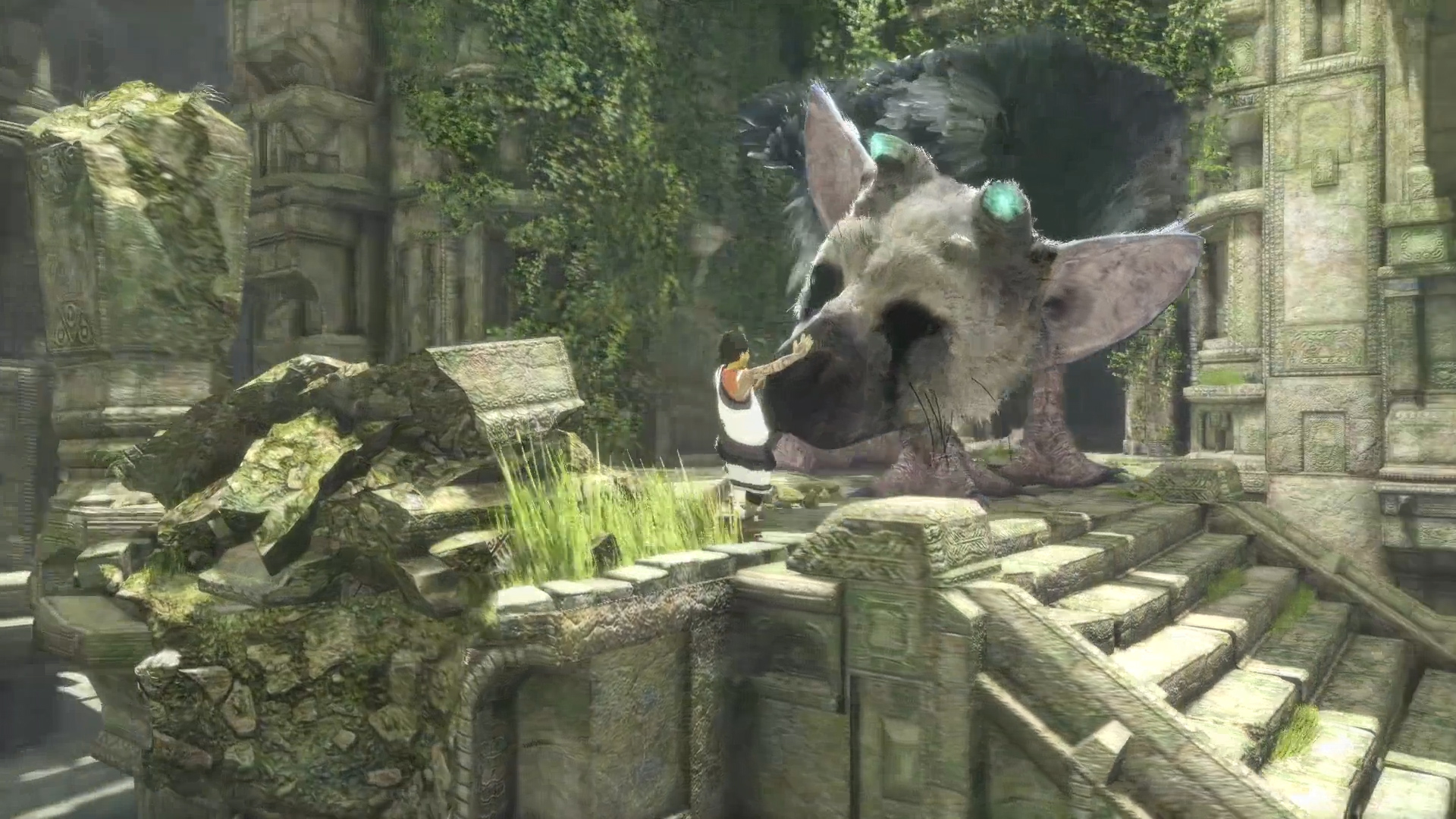

To capture the sounds on The Last Bison’s 2014 VA (pronounced Virginia,) the band spent many days and nights in an old A-frame cabin. The 2014 VA album found The Last Bison returning to their independent roots, having self-produced the project in collaboration with Media House Music. After a performance at Norfolk, Virginia’s Harborfest, the The Daily Press commented on the new musical direction saying, “The result is a more rocking sound, though the band still remains true to its folkie roots.”įollowing their first independent release, Quill, in 2011, The Last Bison was signed to Universal Republic Records and created the Inheritance album in 2013. The addition of electric bass and keyboards to their extensive collection of acoustic instruments gave them a more dynamic, driving sound. Having drawn comparisons in the past to indie superstars the likes of Mumford & Sons, The Decemberists, and Fleet Foxes, their VA project harvested a more dynamic, and anthemic sound from the soil of their folk roots. Songs unfurl in textured, poetic waves that are based far more in inspiration than imitation.” WXPN of Philadelphia noted The Last Bison “has subsequently swept the musical scene with its complex arrangements, refined lyrics and vocal harmonies.” You’ll pick up on new reasons for it to be an album of the year on every listen.In 2012 The Last Bison seemingly rose from the marshes of southeastern Virginia to captivate the national music scene with a rare blend of music that NPR dubbed, “Classical influenced southern folk rock.” Commenting on the band’s self-released debut album, Quill, a blogger for the popular music sharing site NoiseTrade remarked: “(The Last) Bison has already crafted a sound that is threaded with their own singular strands of creativity.

There’s so much music and so many layers on the new album from The Last Bison that you’re doing the band and yourself a disservice by not listening to it the whole way through a few times. If you can’t find something to like on VA, you need to listen a few more times. “Endview” and “Burdens” are both songs that are more personal and all the more impactful because of their combination of music and lyrics. “She Always Waves At The Gate” is another haunting song and one that ends the album on a nearly perfect note and in a perfect way. “Governor’s Son” is a beautifully written song, one that packs a lot of power into one song. While the music itself is hard to stop talking about, there’s no shortage of storytelling on this album as well. “Every Time” seems to add a new sound in every verse, ending with a sound that is far more immense than you’d expect, even from a 6 piece band.

They mix the music, the tone of the song, the voices, and the backgrounds in such a complete and haunting way that it’s hard to stop listening. The result, the whole of VA, is a masterpiece.įrom the beginning organ and mandolin chords on “Bad Country”, their choral voices and upbeat percussion sounds gives them an energy and layered-ness that replays itself throughout the album.

They’ve eschewed the sound made famous by others for something singular and truly unique. It’s like progressive folk to today’s folk in the same way you might categorize Emerson, Lake and Palmer as progressive rock to the traditional rock of their day. With the addition of an incredible percussion sound, pianos, and strings, this band has crafted a sound that isn’t really like anything else out there. To have made Southern folk-rock music and made the guitar feel superfluous and unnecessary is what makes this band special. What strikes me about VA is that its uniqueness is derived from the fact that on about 90% of the album what you don’t hear and don’t notice is the guitar. The Last Bison, a folk band from Chesapeake, VA (the album is pronounced “Virginia”), have done something different. Every time we write about a band, there’s something that makes them stand out from the crowd, whether its the addition of particular instrument, the reinterpretation of a genre, or a particularly spectacular singer/musician.


 0 kommentar(er)
0 kommentar(er)
